Workplace program/
Bowel cancer is the second most common cause of cancer-related death in Australia and the leading cancer killer in 25-44 year olds, but it doesn’t have to be. If detected early, up to 99% of bowel cancer cases can be successfully treated.
The Jodi Lee Foundation Workplace Program gives you the opportunity to educate your staff about the steps everyone can take to prevent bowel cancer and lead healthy lives.
‘The power of this program to make a difference is enormous.’
Jock Duncan, Hood Sweeney
Our Presenters/
Nick Lee OAM
Nick Lee is Founder & Chair of the Jodi Lee Bowel Cancer Foundation. His future changed in an instant when his wife Jodi was diagnosed with Stage IV bowel cancer at age 39. After battling the disease for two years, Jodi passed away in 2010. Nick has a wealth of corporate experience and is an accomplished speaker, using his story to motivate and inspire others to take steps to prevent bowel cancer and make positive changes to improve their health.
Graeme Goodings
Graeme Goodings is a veteran Australian journalist, spending 34 years with Channel 7 as a leading news anchor. Graeme was diagnosed with bowel cancer in 2004, taking some time away from his career to fight the disease, which he was able to do – Graeme has celebrated 20 years cancer free. As a Jodi Lee Foundation Ambassador, Graeme hopes to emphasise the significance of early detection of bowel cancer and encourage Australians to do their bowel screening test.
Kellie Finlayson*
Kellie Finlayson was diagnosed with stage IV bowel cancer just three months after giving birth to her daughter Sophia. Kellie joined the Jodi Lee Foundation as an Ambassador to raise awareness for bowel cancer, hoping no one else has to go through what she is going through. Kellie is the face of our Trust Your Gut campaign and Symptom Checker tool, and she uses her powerful social media platform to urge everyone to act on their symptoms and see a GP if something is not right. Her book ‘There must be more’ was released in April 2025 and already is a best-seller.
*Kellie’s speaking fees differ from our standard pricing. Please reach out to us for details on her rate.
Sophie Edwards
Sophie Edwards was a healthy and fit young Mum fresh off The Bachelor TV show when she was diagnosed with stage III bowel cancer at age 34. At the time of diagnosis, Sophie’s son Jaxon was only seven years old. Sophie joined the Jodi Lee Foundation as an Ambassador to encourage others to view their poo, trust their gut and advocate for themselves. Sophie is extremely well-spoken, real and down to earth, and will no doubt have listeners hanging on her every word.
Hugo Toovey
Hugo Toovey is a Captain in the Australian Army, Founder of 25 STAY ALIVE and Youth Ambassador for the Jodi Lee Bowel Cancer Foundation. Aged only 21, Hugo was diagnosed with testicular cancer which he fought and beat, only to be diagnosed with bowel cancer five years later. He has somehow managed to maintain his sense of humour and is now an outspoken advocate for physical and mental health. Hugo is inspiring, real and raw. If it wasn’t for early detection, Hugo’s chance of survival would have been very different.
Dahlia Matkovic
Dahlia Matkovic is a Youth Ambassador for the Jodi Lee Bowel Cancer Foundation and is on a mission to connect with fellow young bowel cancer patients around the world. Dahlia wants to encourage people, no matter their age, to look out for symptoms and to seek medical help if something is not quite right.
ABOUT THE PROGRAM/
Our presenters will empower and inform your staff to take active steps to prevent bowel cancer and lead healthy lives.
Your employees will walk away with knowledge and understanding of bowel cancer, including the risk factors, symptoms to be aware of, how family history can have an impact, and the simple steps they can take to help prevent bowel cancer.
You will be provided with resources and information to use following the presentation, including a Symptom Checker tool to help employees identify if and when to visit their GP if they are experiencing any symptoms.
Employers can choose to purchase at-home screening tests to provide to employees and receive an anonymous report showing the number of tests completed and the results.
The Workplace Program can be held in person or online and you can choose to have one or two presenters. The session takes approximately an hour which includes time for questions.
We also offer a shortened Toolbox version of this presentation that can be tailored to your organisation.
COSTS*
Face to Face Presentation
$1,300 + GST for two presenters
$1,000 + GST for one presenter
Webinar
$1,100 + GST for two presenters
$800 + GST for one presenter
Toolbox
$800 + GST for two presenters
$600 + GST for one presenter
Screening Tests
$45 each
* Please note, Kellie Finlayson’s speaking fees differ from our standard pricing. Reach out to us for details on her rates
Andre's Story/
My story begins a short time before turning 30. I attended Nick’s presentation and Jodi’s story hit me hard as my brother-in-law (in his 40s with three children) is in the final throes of a losing battle with bowel cancer. At the end of the presentation, our CEO announced that they had purchased everyone in the company a screening test and I decided to take one. I had recently moved in with my girlfriend so it took a few weeks before I did the test. It was far easier and less dramatic than I imagined it would be. A few weeks later I received a phone call at work from my GP’s office asking me to come and see him straight away. My heart sank and fear set in.
When I arrived home, I found a letter in the mailbox stating that my test had come back positive for blood – more fear set in. The following day I met with the GP. He was amused and confused why I had even taken the test but thrilled when I explained the work visit from Nick. He said although I’m young and have no symptoms, I had to see a specialist just to rule things out. After giving me some statistics about how unlikely it was that I had anything wrong, I left feeling a little better.
The specialist had much the same reaction and explained it was very unlikely he’d find anything, but a colonoscopy was a formality we had to take. When I awoke from the colonoscopy I was told that the specialist wanted to see me straight away. He said he was in disbelief, as he had found and removed six polyps which were sent for biopsy.
I have since been informed that of two of the polyps were ‘nasty ones’ and if left untreated would have likely turned into bowel cancer.
I can’t express my thanks to Nick and to REDARC Electronic strongly enough. Without their conscious efforts to spread the word (and the extremely fortuitous luck I’ve had), I’d likely be in the same boat as my brother-in-law in a few years’ time. Early detection through a simple screening test has more than likely saved my life. Thank you.
Andre Gascoigne
Project Manager
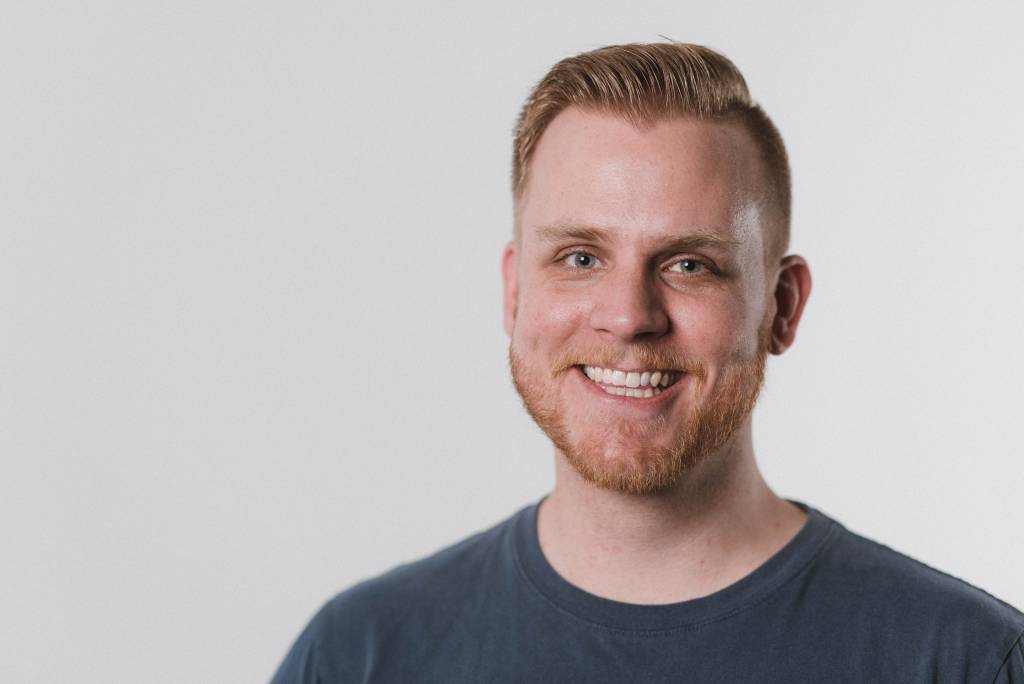
Participating Businesses/
All partnerships are important, but this one saves lives
From start to finish the program was educational, professional and ultimately personal. The Foundation was fantastic in the way they coordinated and managed the program – in particular the educational materials and short presentation provided to our staff. As a result, more employees took the opportunity to complete the test than we expected, and those who did it indicated how easy it was. The most satisfying element came from one employee, who said that taking the test uncovered an issue that potentially saved their life. The power of this program to make a difference is enormous.
Feedback from our employees showed the program was educational, easy-to-understand and very powerful in its message. Employees responded well to Nick’s presentation, with many participating in screening as a result. It’s such a simple test and it saves lives. If getting your workplace to participate can potentially save just one life, it’s worth it.
Like many, the Australian football community has experienced first-hand the devastating impact of bowel cancer. The response was outstanding and the level of knowledge gained has proved to be invaluable.
This program makes sense, is easy to coordinate, and it is in line with our Core Values. It is also low cost yet high value and has an ongoing employee benefit through regular reminders to screen that are automatically issued to those who take part.
The wellbeing of our staff is paramount to the success of our business and with a considerable proportion of our staff being over 40, I felt it important that we make them aware of the prevalence of bowel cancer and that it can be prevented.
Understanding the prevalence of bowel cancer, there was no question about providing this screening service to our employees. The care and concern offered by ResourceCo through the provision of the program certainly aided in maintaining our employees’ satisfaction and morale.
We offered the program to all employees nationally and felt the initiative empowered employees to take responsibility for their health in relation to this highly preventable disease. We were thrilled to learn of at least one life that was saved as a result.
We are committed to caring for the health and wellbeing of our employees and our employees responded positively to the Workplace prevention Program, with many choosing to take a screening test and at least one life saved, that we know of, as a result of the initiative.
Beach provided all employees, and their respective partners, with bowel cancer screening kits through the program, and the feedback has been strongly supportive of the screening kits and how easy they are to use.
Last season, Nick Lee came into the club and spoke to players about his family’s experience with bowel cancer and the importance of early detection. It surprised many of the boys to learn just how common the disease is, but also how much of an impact early detection can have.
As a health care provider HSS understands the importance of early detection and prevention in serious illnesses such as bowel cancer. HSS cares about its staff members and wants to assist them to be proactive about their health, so the screening kits and information sessions were very well received.

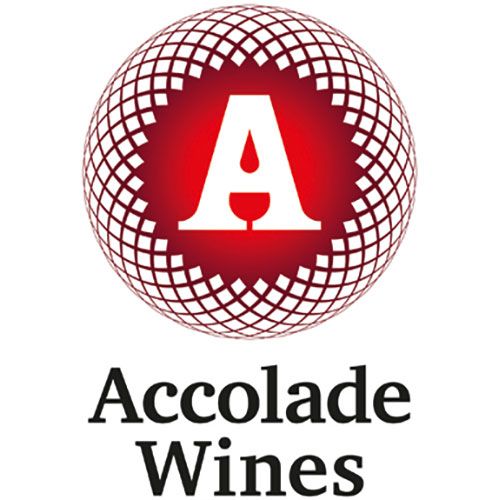

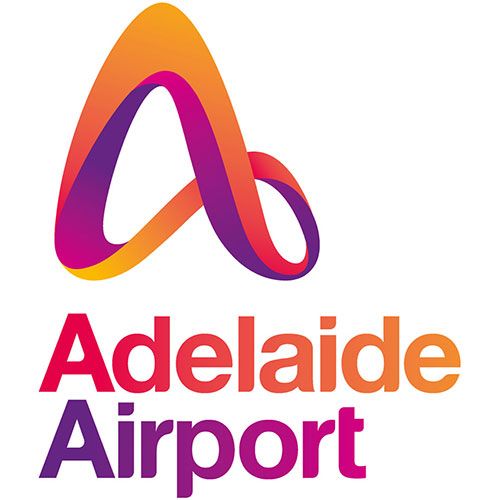

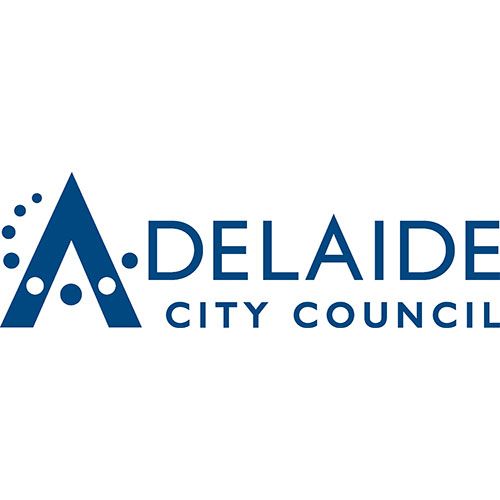

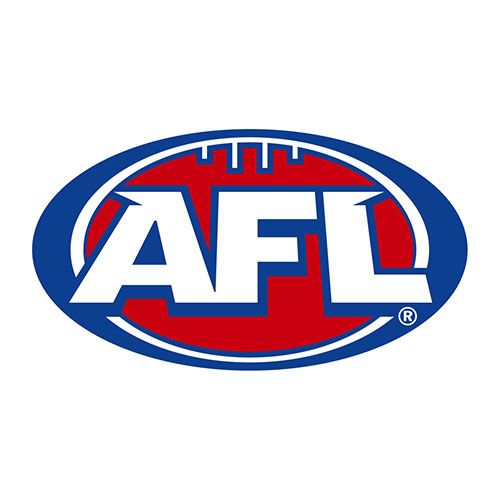

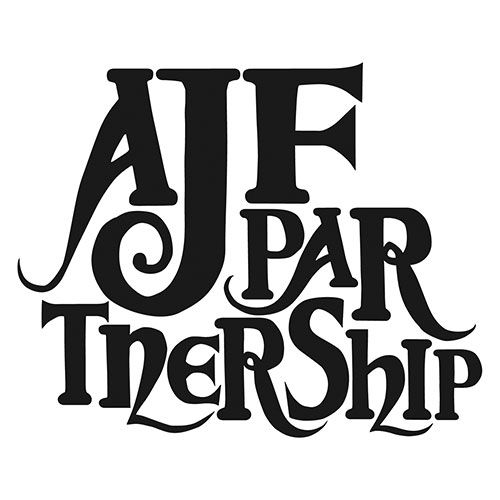

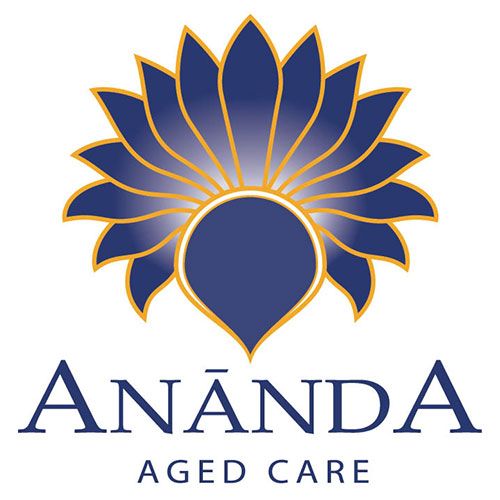

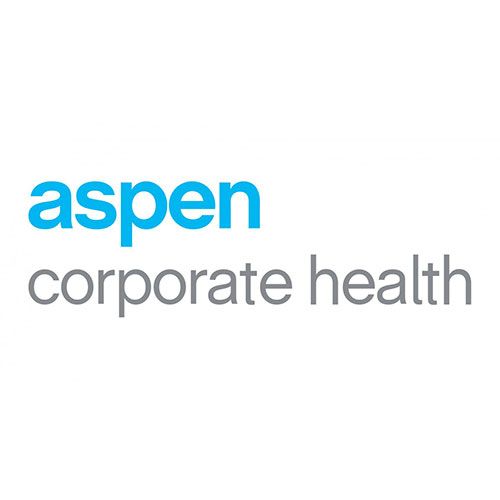
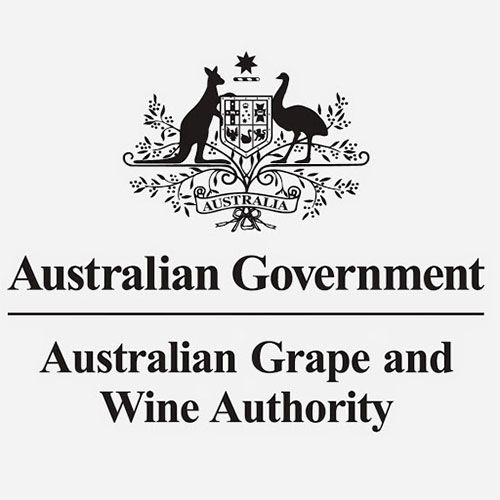
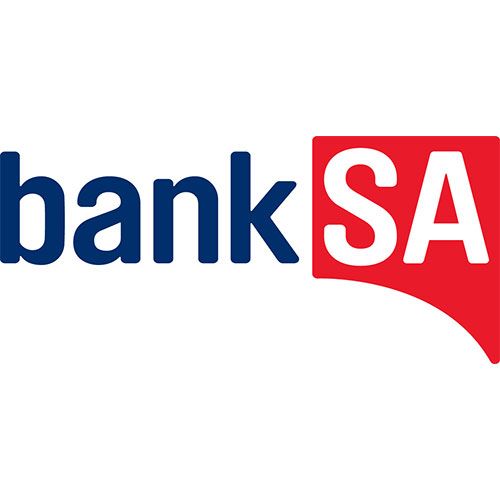




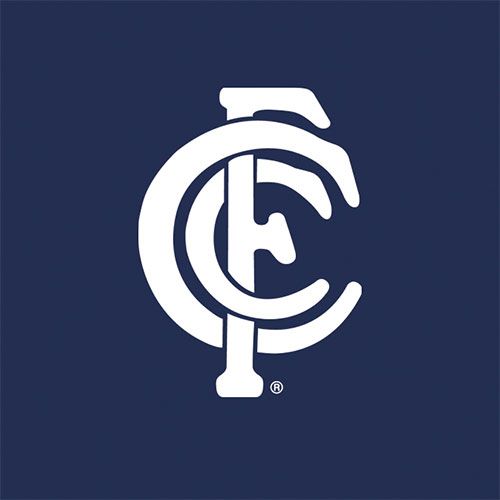
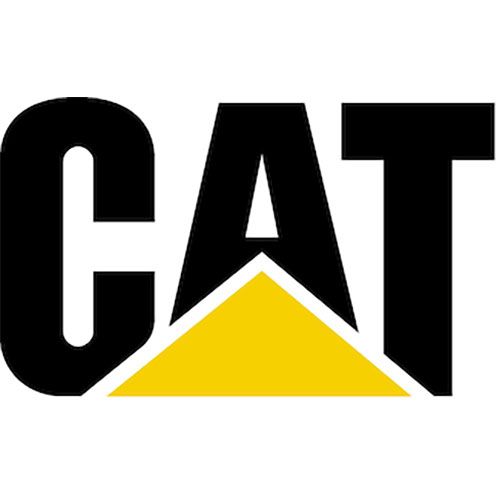


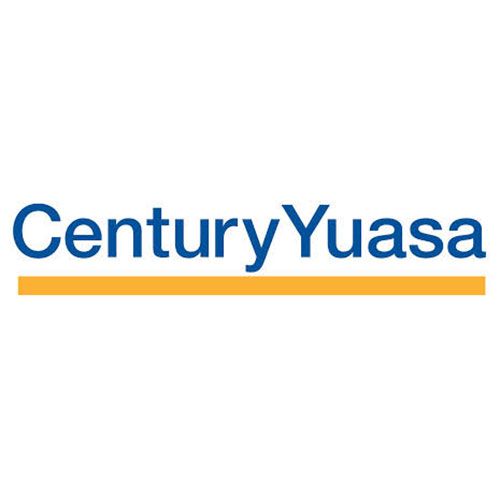
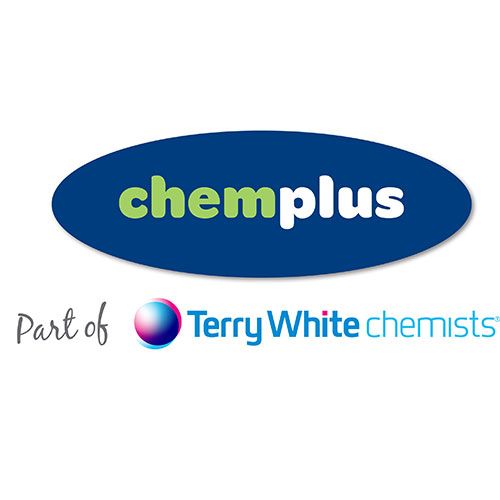
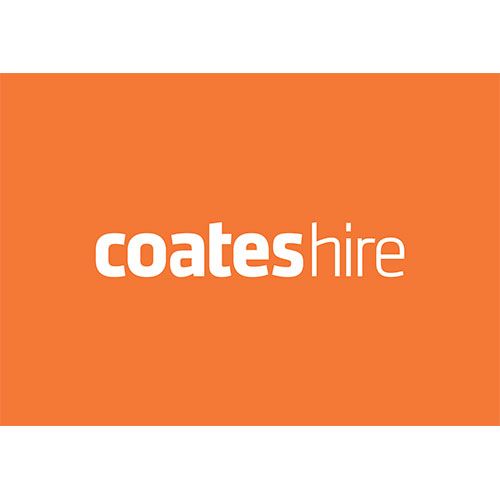







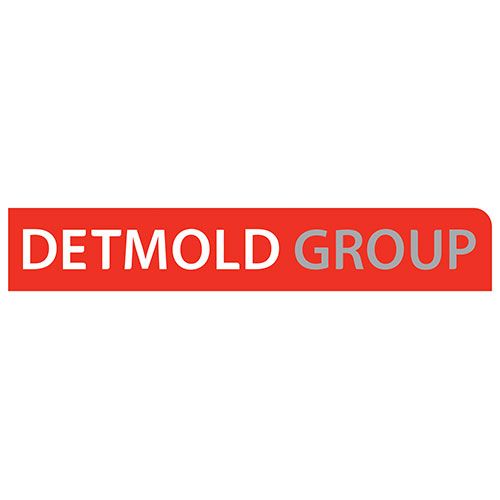

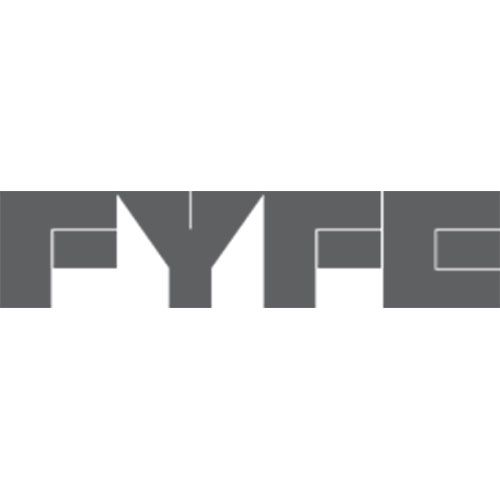

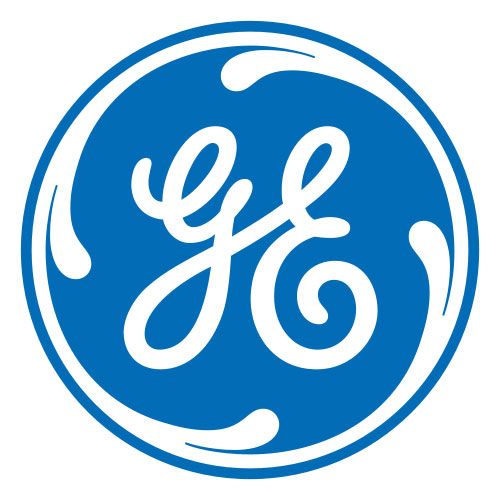


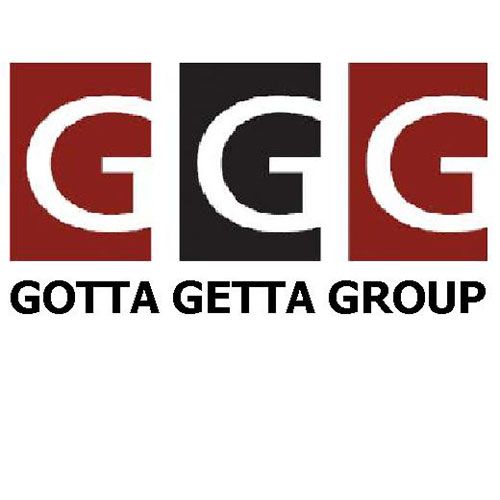
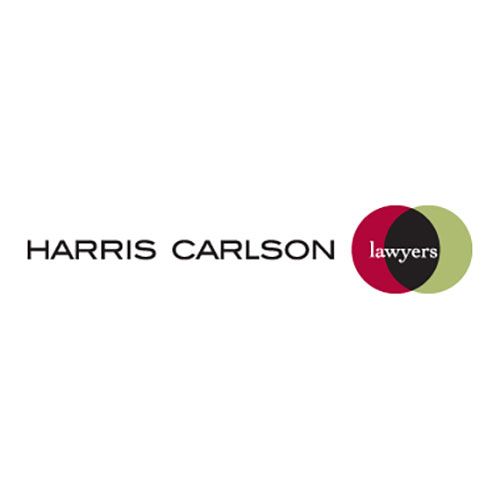
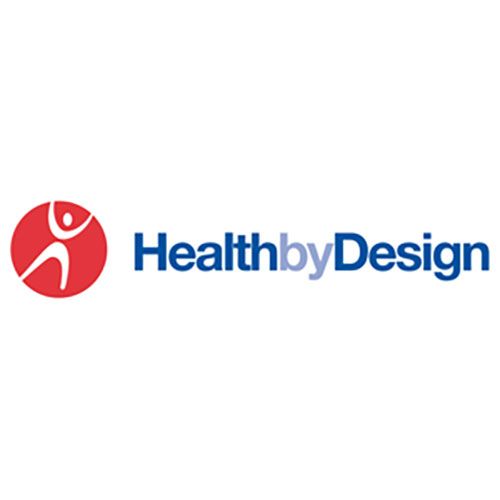

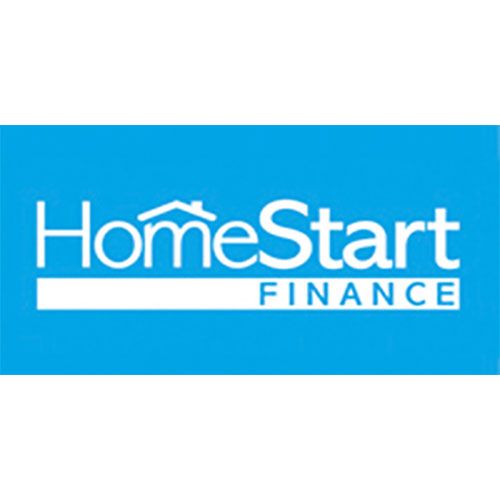
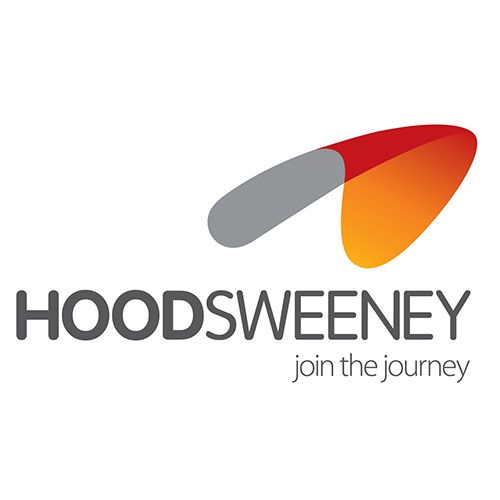

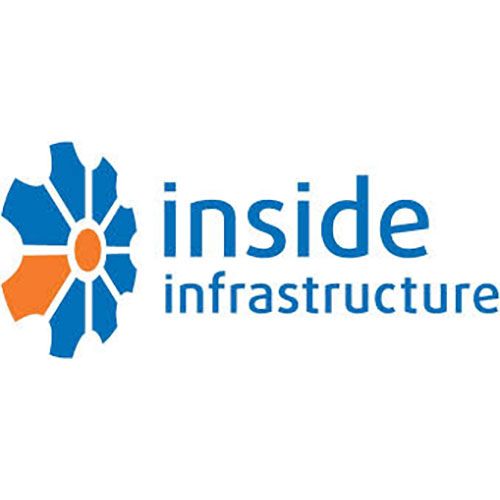
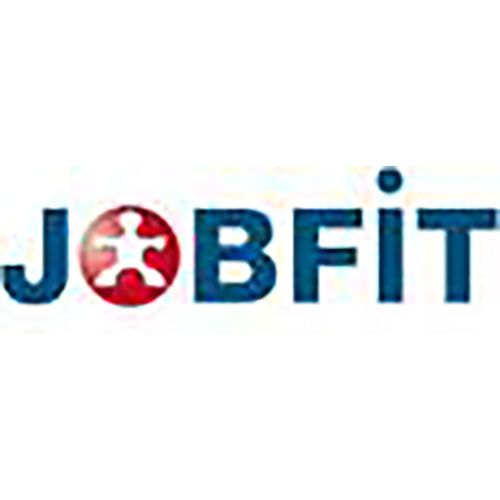




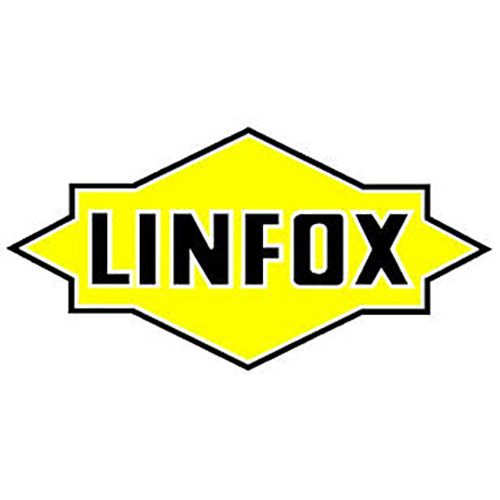
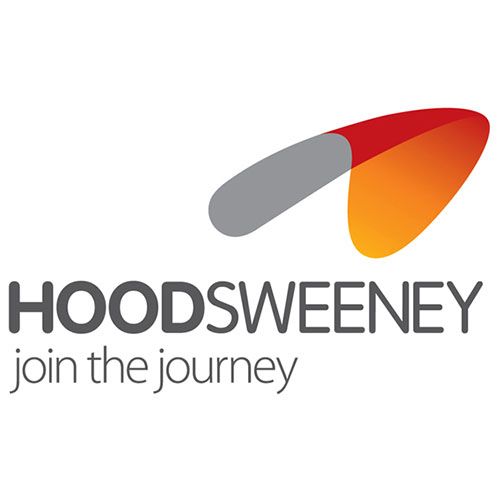
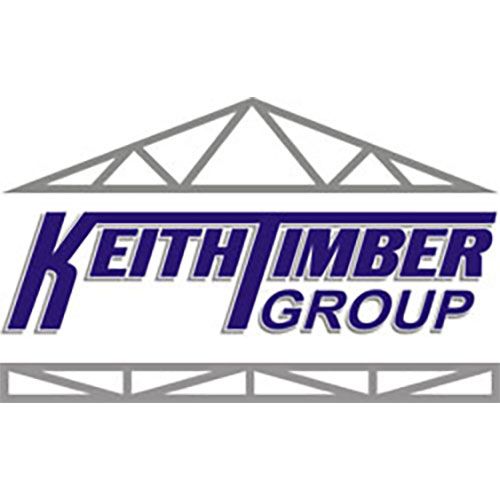
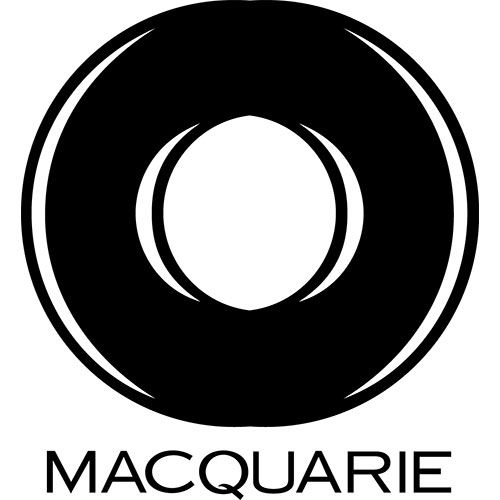


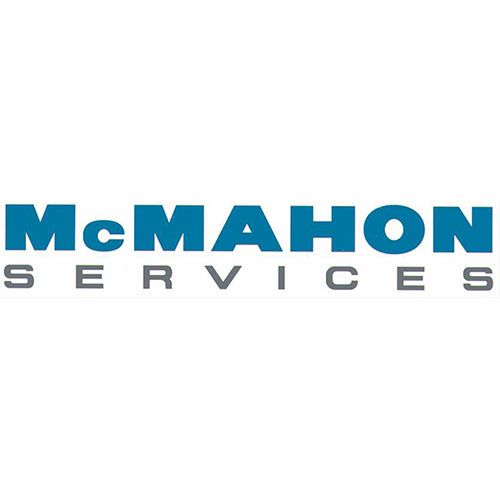




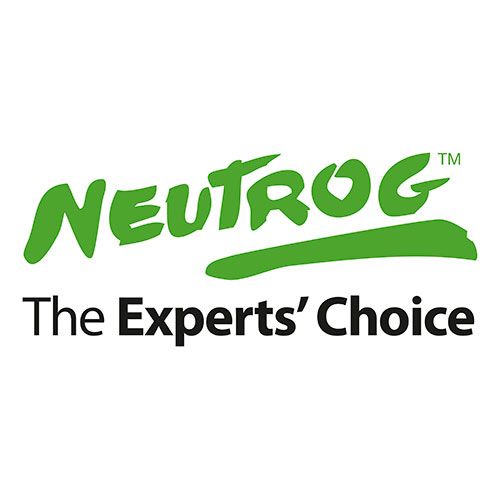


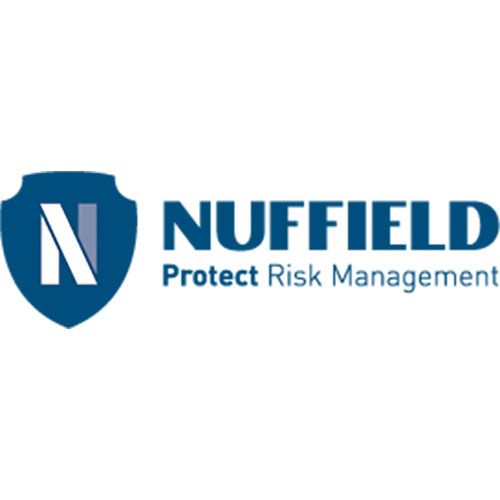

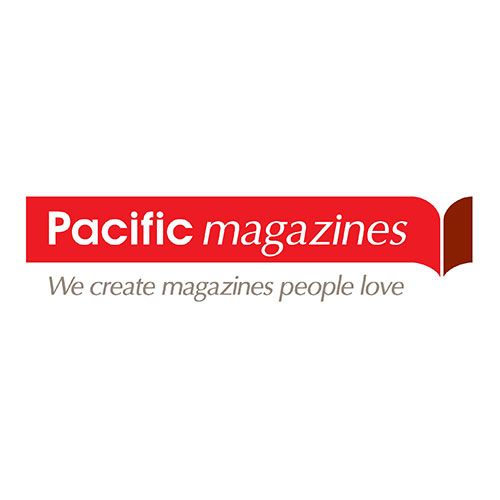



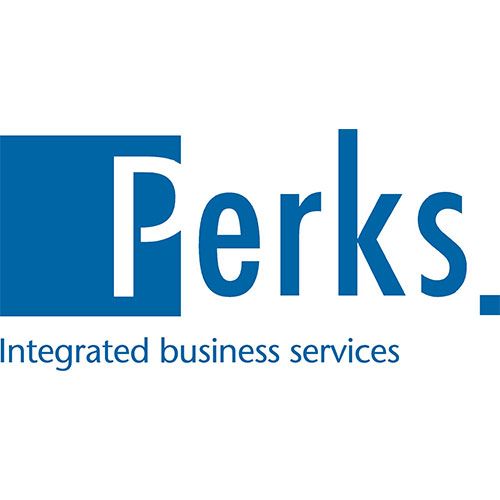

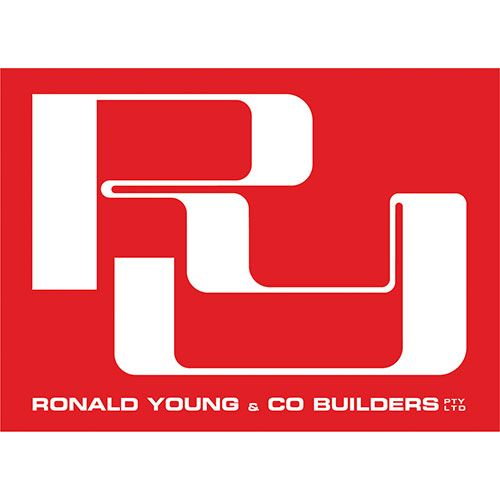

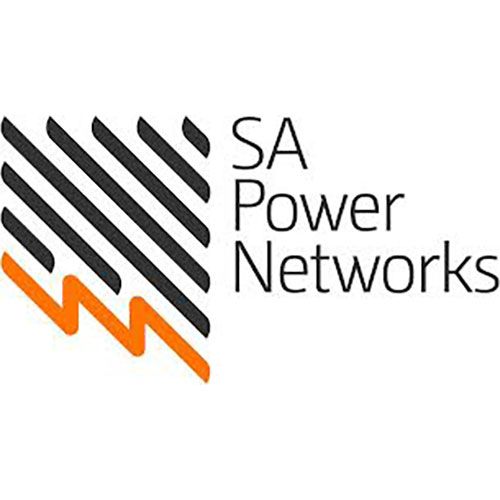


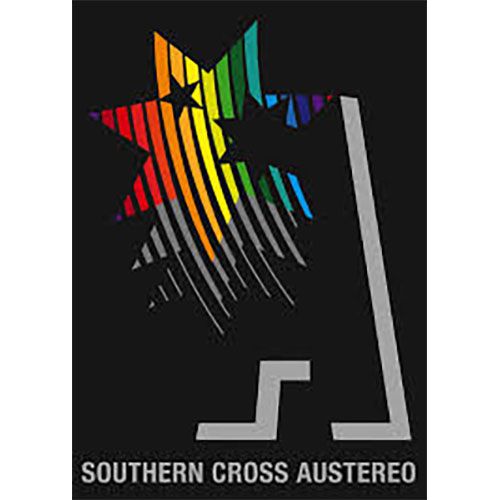
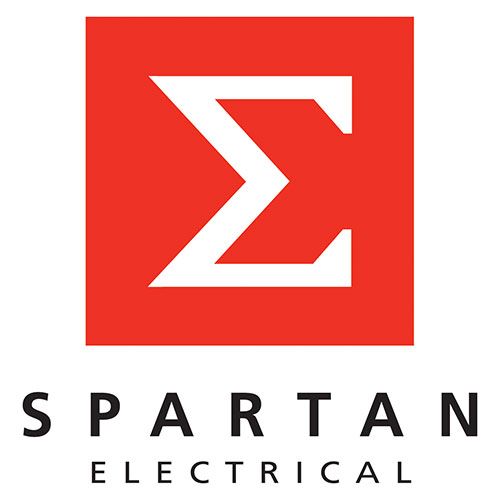
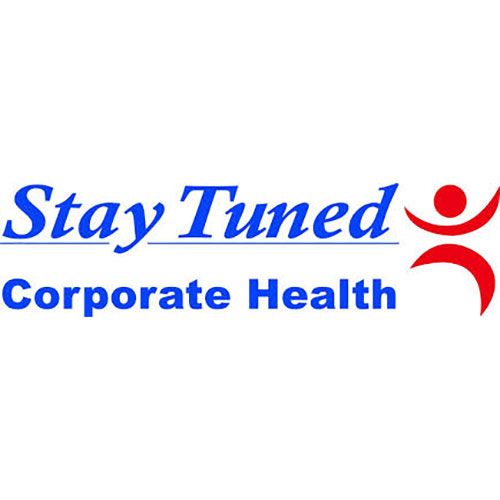



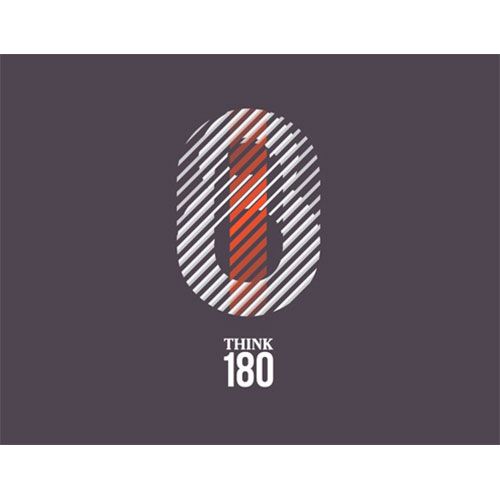
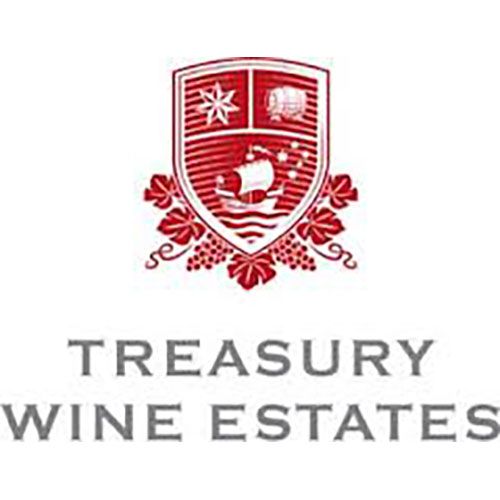
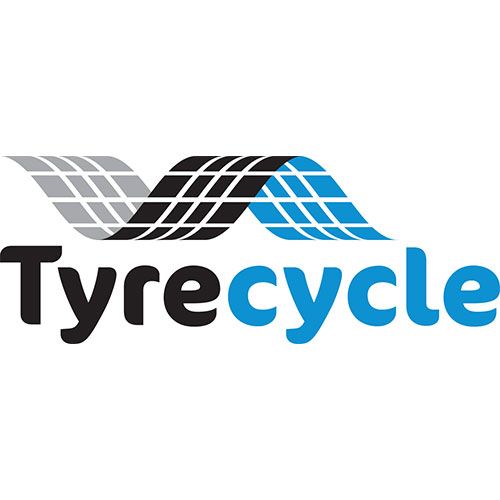


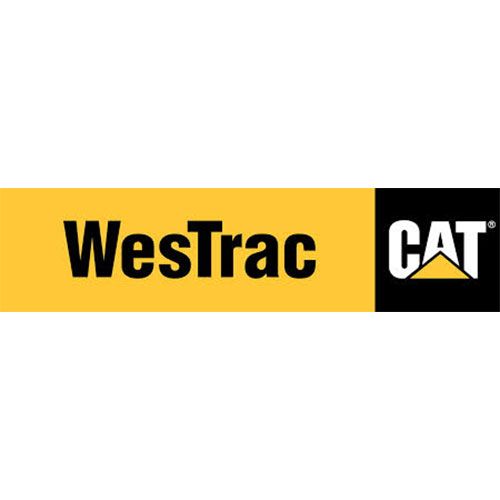


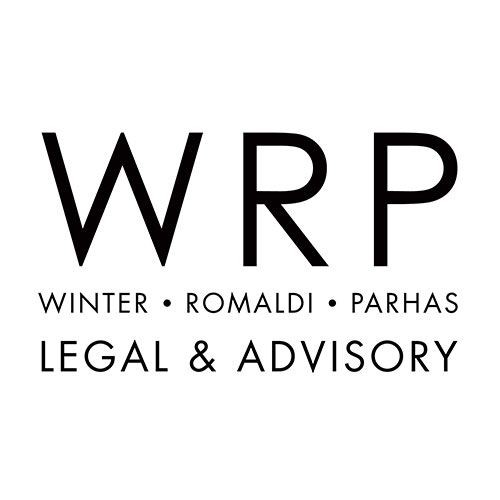

Frequently Asked Questions/
Why bowel cancer?
Australia has one of the highest rates of bowel cancer in the world, with more than 15,000 people diagnosed every year. Bowel cancer claims over 5,300 lives each year, making it the second biggest cancer killer in Australia. Yet if detected early, up to 99% of bowel cancer cases can be successfully treated. There are steps that Australians of all ages can take to reduce their risk of developing bowel cancer and lead a healthier life.
Bowel cancer mainly affects Australians from age 50, people with relevant family or personal medical history, and those who smoke, drink alcohol, are overweight and lead sedentary lifestyles.
However, the rate of bowel cancer cases in young people has risen 266% in the past three decades, and it is now the leading cancer killer in 25-44 year olds.
WHAT DOES THE AT-HOME SCREENING TEST INVOLVE?
The at-home screening test detects tiny traces of blood in a bowel movement; it does not test for cancer. The existence of blood may be a sign of cancer or a polyp, a tiny clump of cells which over time develop into cancer. If the result is positive for blood, your GP should refer you for a colonoscopy to investigate the cause.
A negative test result indicates that no blood was detected in the bowel movement. However, screening tests are not always 100% accurate as cancers and polyps bleed intermittently. The screening test should be repeated every two years to increase the chances of early detection.
HOW MANY SCREENING TESTS SHOULD I ORDER?
Medical guidelines in Australia recommend bowel screening every two years from age 45, or from age 40 if you are in a high risk category such as having diabetes, an existing bowel condition, have a family history or are an Indigenous Australian. Australians over age 45 are eligible for free screening through the National Bowel Cancer Screening Program. We strongly encourage people in this age group to take the test when it arrives in the mail.
If you choose to purchase screening tests, we recommend you order enough to provide employees under 45 with one each immediately after the presentation. For employees over 45, it is advised to encourage them to complete their free bowel screening test from the Australian Government. Please note that those aged 45-49 need to opt into the National Bowel Cancer Screening Program by filling in the form at www.ncsr.gov.au/boweltest, whilst those aged 50-74 will be automatically sent the free test kit in the mail.
HOW CAN I ENSURE WE MAKE THE MOST OF THE PROGRAM ?
The most successful outcomes are achieved when senior management takes ownership of the program, a champion is nominated to take responsibility for running the program internally and employees accepting a screening test are followed up to make sure they return it to the pathology laboratory.
